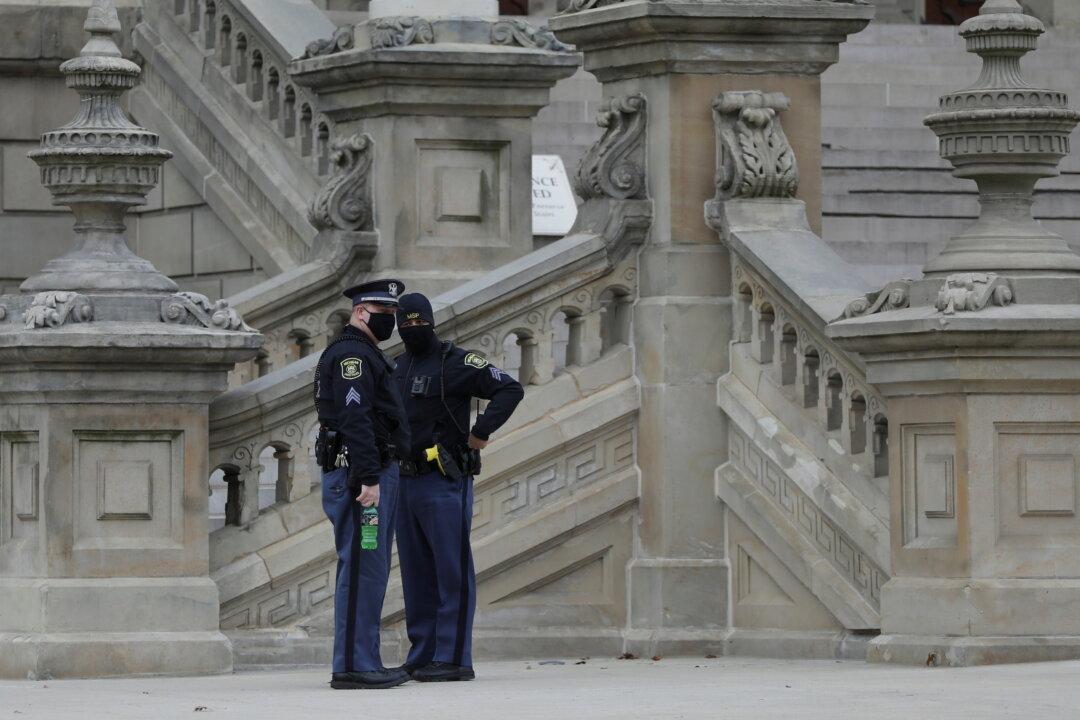The Michigan Republican Party has issued a sharply critical reaction to the Michigan Attorney General’s decision to bring criminal charges against 16 people who signed certificates claiming that President Donald Trump won Michigan in the 2020 election.
“This is a witch hunt designed to prosecute and punish citizens who are duly elected and perform a major function in presidential elections,” said Macomb County GOP Chairman Mark Forton at a July 19 press conference in Lansing.





